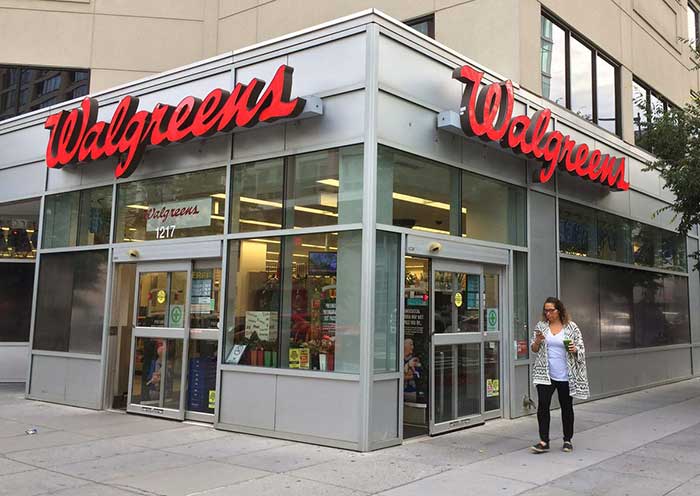Walgreens’ global Chief Financial Officer James Kehoe said the company may have exaggerated incidents of retail thefts and shoplifting in 2022. Kehoe said organized crime at its stores threatened its bottom line and caused excessive shrinkage – meaning inventory loss generated by damage, fraud, or theft among other factors.
“Maybe we cried too much last year,” he said, adding that “We’re stabilized” and “quite happy with where we are [today].”
Due to increased theft and looting, Walgreens closed five stores in San Francisco in 2021 while shrinkage rose by 52% in 2020-2011. “It’s not somebody who can’t afford to eat tomorrow,” Kehoe said in a January 2022 conference call. “These are gangs that actually go in and empty our stores of beauty products.”
He said individuals and thieving gangs raided Walgreens stores and that the company made huge investments to secure its products and employees from harm. He however noted that while shrinkage was 3.5% of sales in 2021, it has come down to 2.5-2.6% in 2022, a development that may necessitate reducing investments in private security across stores.
“Probably we put in too much, and we might step back a little bit from that,” Kehoe said, stating that the investment in private security has largely been ineffective and that partnering with local law enforcement might be better in the long run.
The National Retail Federation (NRF) posted a survey of a five-year period that showed that shrinkage was 37% in 2021 across the retail industry and 70.7% of all retailers blame organized retail crime incidents for their losses. The survey revealed that about $94.5 billion was lost to shrinkage across the retail industry in 2021.
But while Walgreens has reported a reduction in the incidents of shrinkage across its stores, other major retailers such as Target, Walmart, and Rite Aid among others still suffer from the threat. Walmart CEO Doug McMillon in December said his company may increase the prices of products on its shelves or close down stores to recover from shoplifting and fraud. Rite Aid said it lost $5 million in September to shrink and Target reported losing more than $400 in November to shrinkage.


